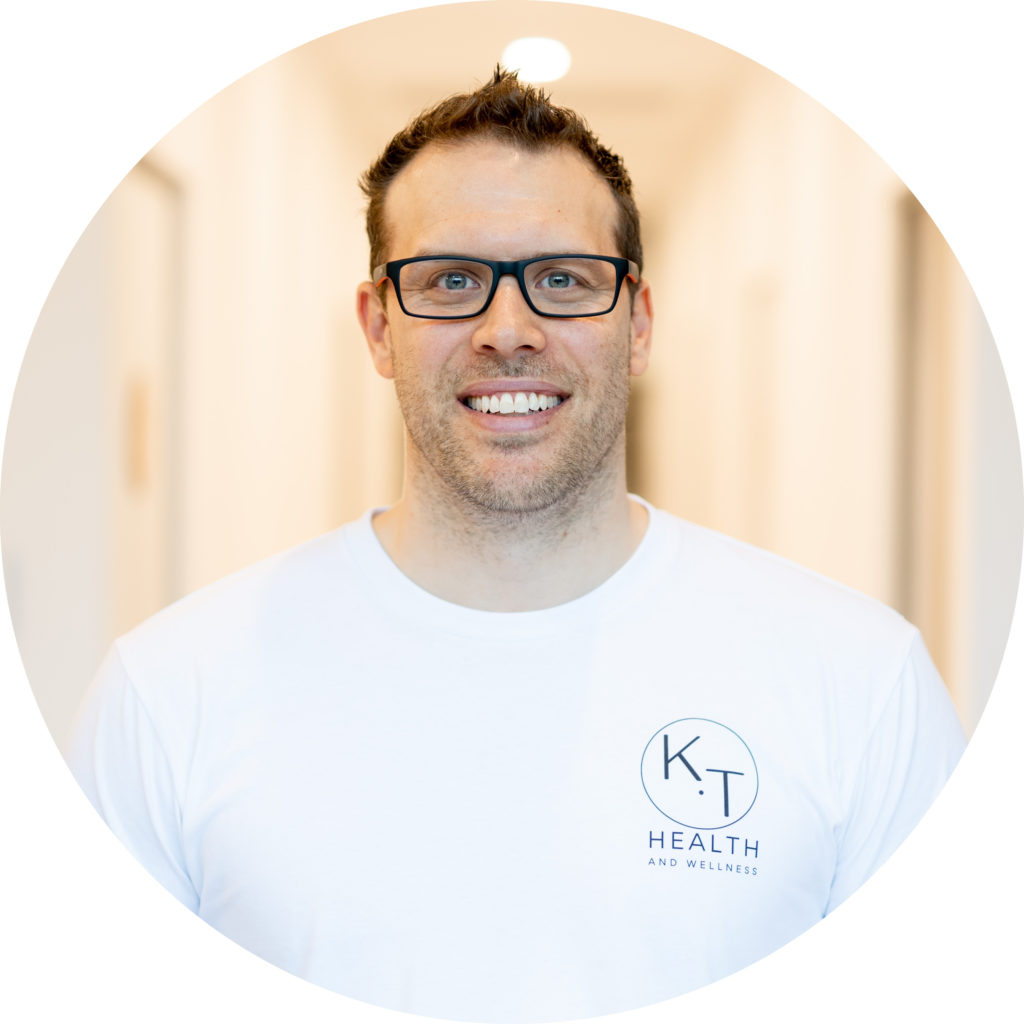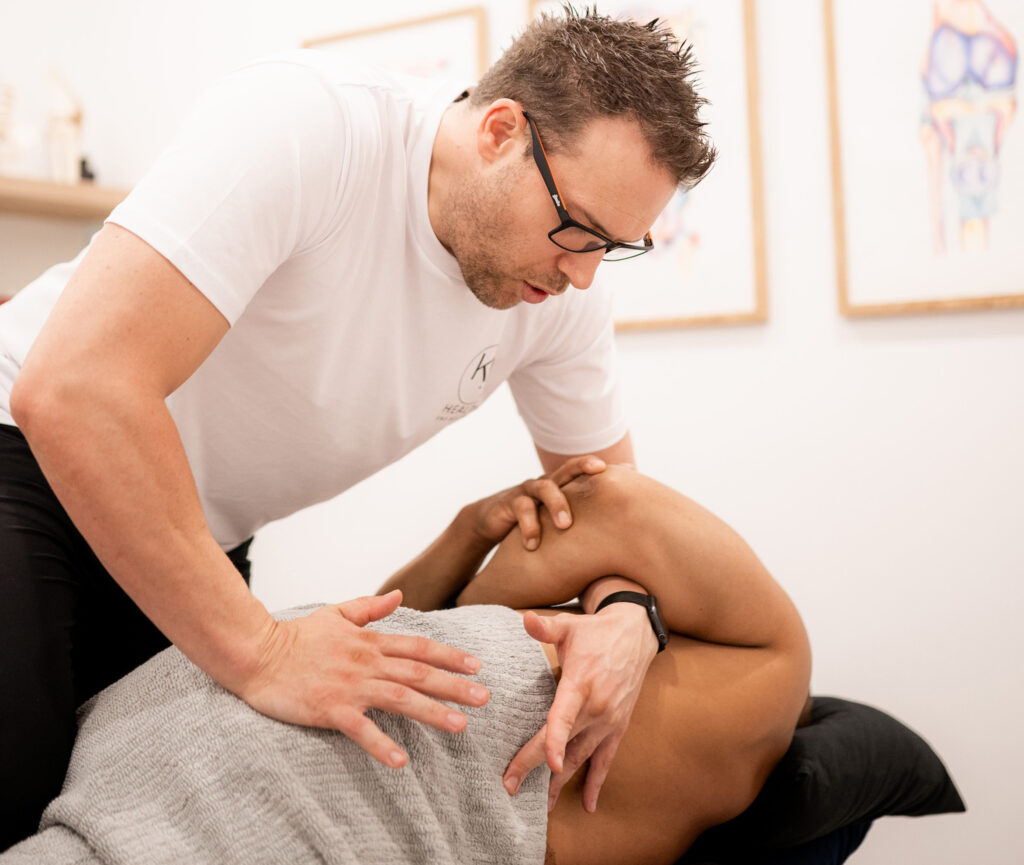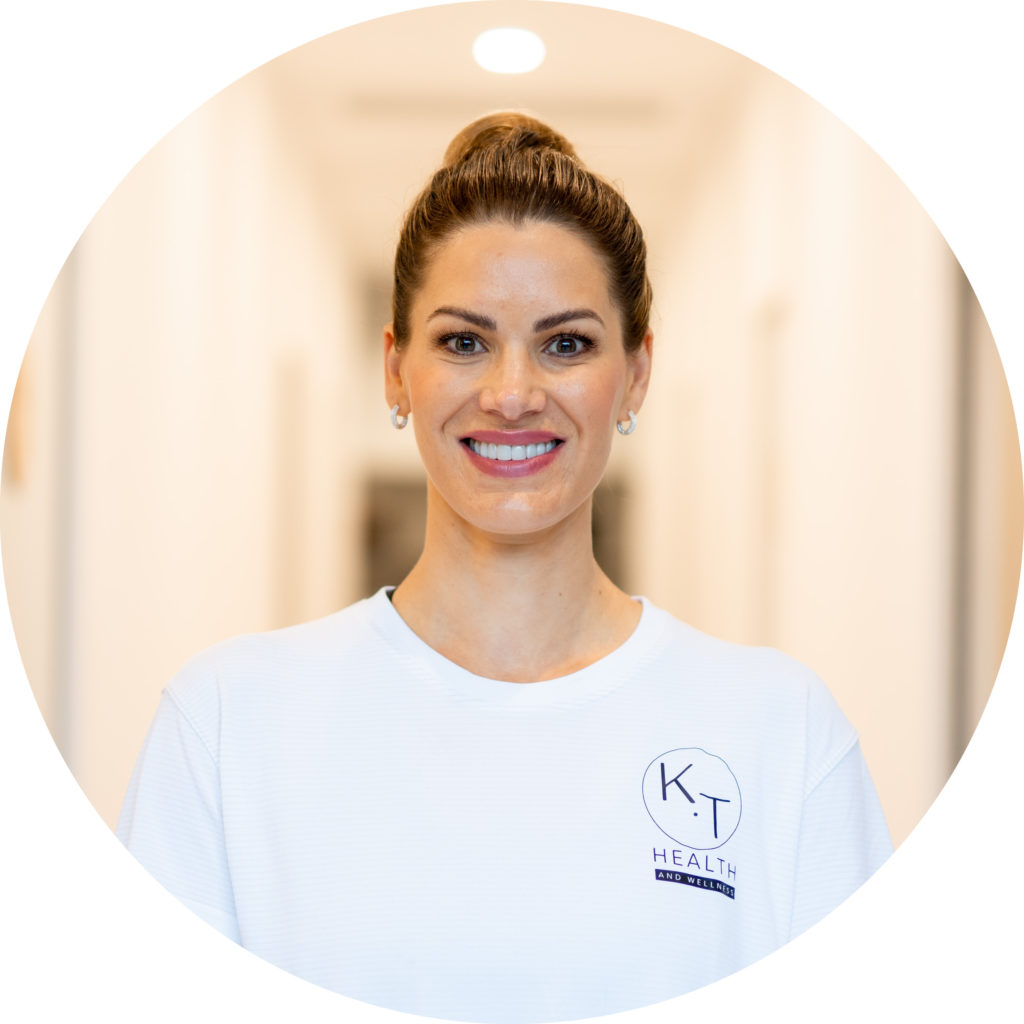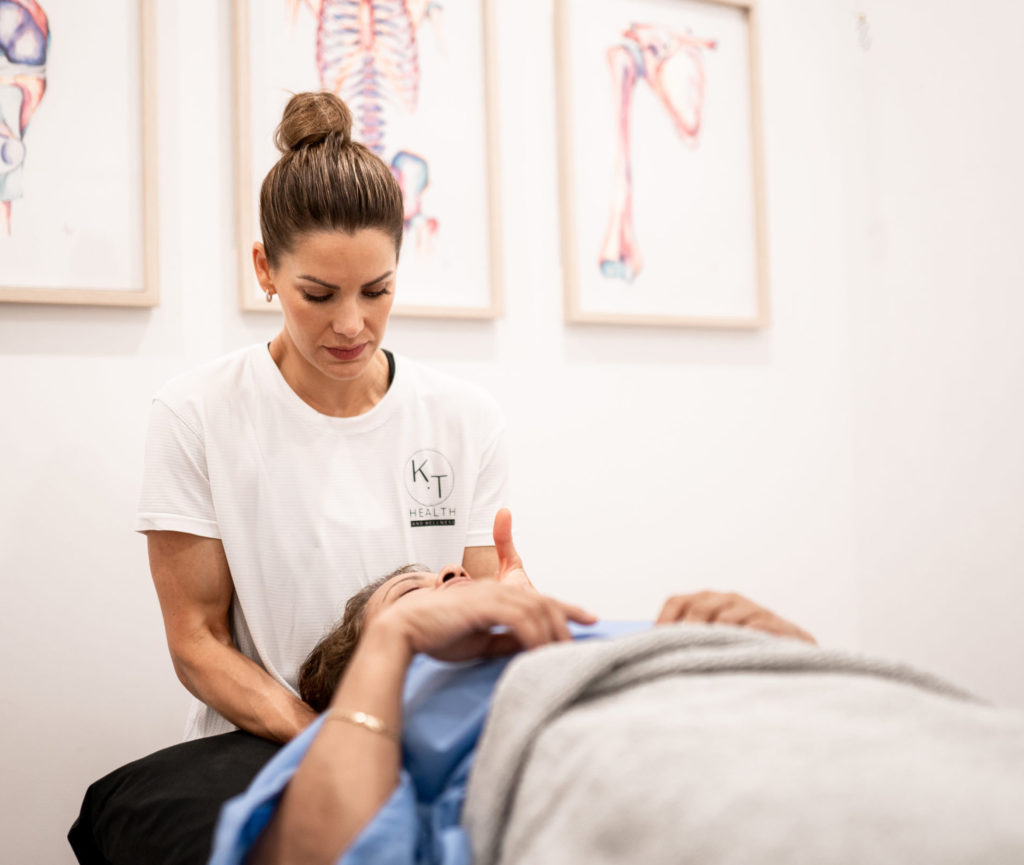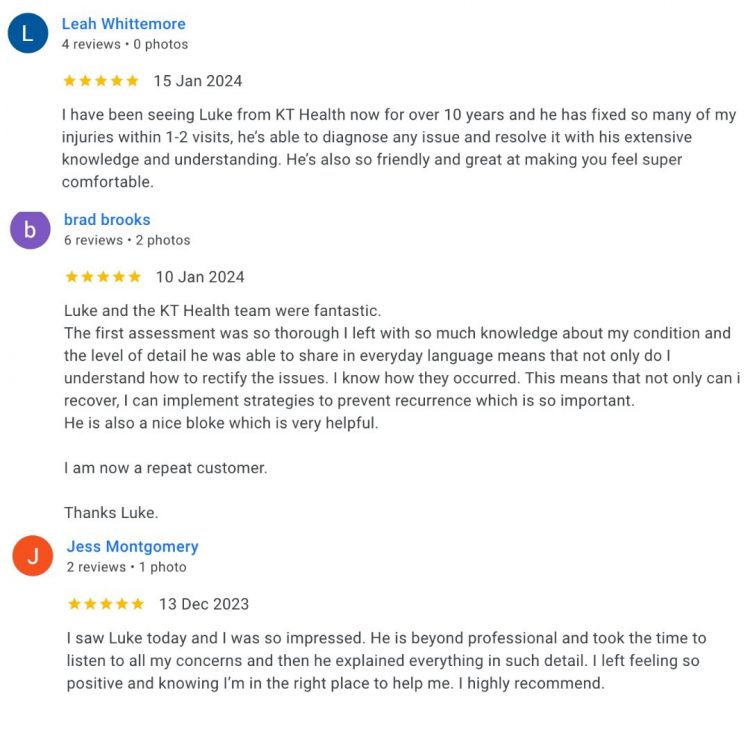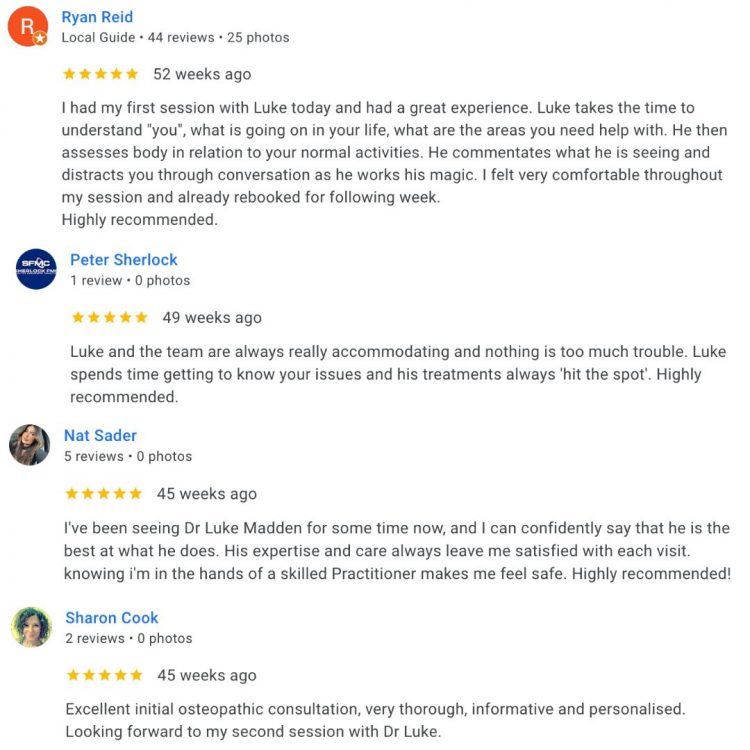Everything You Need to Know About a Rotator Cuff Tear
What is a Rotator Cuff Tear?
A rotator cuff tear is when one or more of the four small muscles and tendons that stabilise the shoulder joint become partially or completely torn. These muscles help lift and rotate the arm and keep the shoulder joint stable. A tear can happen suddenly due to injury or develop gradually over time due to wear and tear. It can cause pain, weakness, and reduced shoulder movement.
An analogy…
Think of the rotator cuff like the strings on a puppet, they keep everything aligned and moving smoothly. If one of those strings snaps or frays, the puppet (your arm) doesn’t move properly anymore, it might feel weak, painful, or unstable.
What are other names that a rotator cuff tear can be referred to?
Torn Rotator Cuff, Rotator Cuff Strain, Supraspinatus Tear, Supraspinatus Strain
What causes a rotator cuff tear?
The rotator cuff is made up of four muscles: supraspinatus, infraspinatus, subscapularis, and teres minor. These muscles form a cuff around the shoulder joint and are key in stabilising and controlling movement. A tear can occur from acute trauma like a fall or heavy lift, or through chronic overuse and degeneration, especially with repetitive overhead movements. Tears most commonly involve the supraspinatus tendon, which runs through a narrow space and is prone to compression and irritation.
What are the signs and symptoms of a rotator cuff tear?
- Shoulder pain, especially when lifting the arm or sleeping on the injured side
- Weakness in the shoulder, particularly during lifting or rotating movements
- Limited range of motion
- A feeling of catching or clicking in the joint
- In severe tears, you might be unable to lift the arm above shoulder height
- Pain may be sharp after an injury or dull and aching if it’s a degenerative tear
What tests are used to diagnose a rotator cuff tear?
Drop Arm Test: This test checks for a full-thickness rotator cuff tear, especially in the supraspinatus muscle. The patient lifts their arm out to the side (abduction) and slowly lowers it. If the arm drops suddenly or can’t be controlled, or if the movement causes pain or weakness, the test is considered positive.
Empty Can Test: This test targets the supraspinatus tendon. The patient holds their arm out in front at about a 45-degree angle (like pouring out a can), with the thumb pointing downward. The practitioner applies gentle downward pressure. If this causes pain or weakness, it may indicate supraspinatus strain or tear.
How long does a rotator cuff tear take to heal?
Recovery depends on whether the tear is partial or full, and whether it’s treated non-surgically or surgically. Partial tears often improve in 6 to 12 weeks with rehab. Full-thickness tears that require surgery may take 3 to 6 months or more to fully recover. Return to sport or heavy lifting can take up to 9 months, especially if surgery is involved.
How does a rotator cuff tear happen?
- Repetitive overhead work or sport
- Poor shoulder posture or biomechanics
- Heavy lifting or sudden pulling movements
- Trauma
- Previous shoulder injuries or weakness in stabilising muscles
What treatment can help a rotator cuff tear?
- Manual therapy to reduce muscle tension and improve joint alignment
- Targeted rotator cuff and scapular strengthening exercises
- Postural correction and ergonomic changes
What exercises or stretches can I do for a rotator cuff tear?
- Isometric rotator cuff holds
- Scapular stabilisation exercises
- Resistance band external and internal rotations
- Wall walks and pendulum exercises
- Postural drills and core work
What products can help with a rotator cuff tear?
STOP GUESSING – START MOVING
See what other people have said about our osteopaths
Trustindex verifies that the original source of the review is Google. KT health has really helped my back and i have been able to get back into competitive sportTrustindex verifies that the original source of the review is Google. Absolutely amazing, I see Louie Nouh who always listens and caters to my needs. He is amazing at his job and always helps alleviate my pain. I highly recommend Louie.Trustindex verifies that the original source of the review is Google. Friendly, supportive staff. Such a lovely place to exercise! Highly recommend.Trustindex verifies that the original source of the review is Google. Amazing instructor, I am new to Pilates felt very comfortable & supported.Trustindex verifies that the original source of the review is Google. I have been suffering from shoulder and neck pain for months - I saw Dr Louie Nouh a couple of time. His treatment really relived the pain. I have full range of movement now. His knowledge on exercise is fantastic.Trustindex verifies that the original source of the review is Google. Absolutely love reformer at menai. Instructors are amazing. Love Michaela and love the small classes. Highly recommend!Trustindex verifies that the original source of the review is Google. The trainers are all amazing , they explain everthing step by step and help where needed . It is an amazing place to relax get to know other people have a laugh . I recommend for anyone .Trustindex verifies that the original source of the review is Google. Ever since I came here I’ve been looked after by Louie and my shoulder is already feeling much better. Highly Recommend these are good people.Trustindex verifies that the original source of the review is Google. SENSATIONAL Chiropractor in Menai! I attended my first appointment with Dr Louis Nouh at KT Health & Wellness who is an absolute genius even after one session with him. He explained everything he intended to address about my lower back condition, all in easy to understand, layman’s terms. He said he would call me the next day to follow and see how I was feeling after our session and guess what, he did! During our session, he made me feel relaxed and comfortable especially as it was my first chiropractic appointment EVER! For some reason, I am actually looking forward to my subsequent sessions with him next week. Don’t get me wrong, he did poke, prod and crack me as necessary but the results made it seem worth it.Trustindex verifies that the original source of the review is Google. I have been seeing Melinda now for a couple of months to help with bursitis in my hip. She is one of the best practitioners I’ve ever seen.. With the use of various tools and techniques she has helped me recover much quicker than I expected. Thanks Mel and see you tomorrow!
We don't offer magic fixes or cures, but a sustainable approach to back pain.
Our Osteopaths will offer you a road map to help you take control of your back pain and feel great again.
BOOK YOUR OSTEOPATH VISIT TODAY
Book a Time with Dr Luke Madden Below
Book a Time with Dr Melinda Madden Below
Already have an account?
Book as a guest
- Book an Appointment

